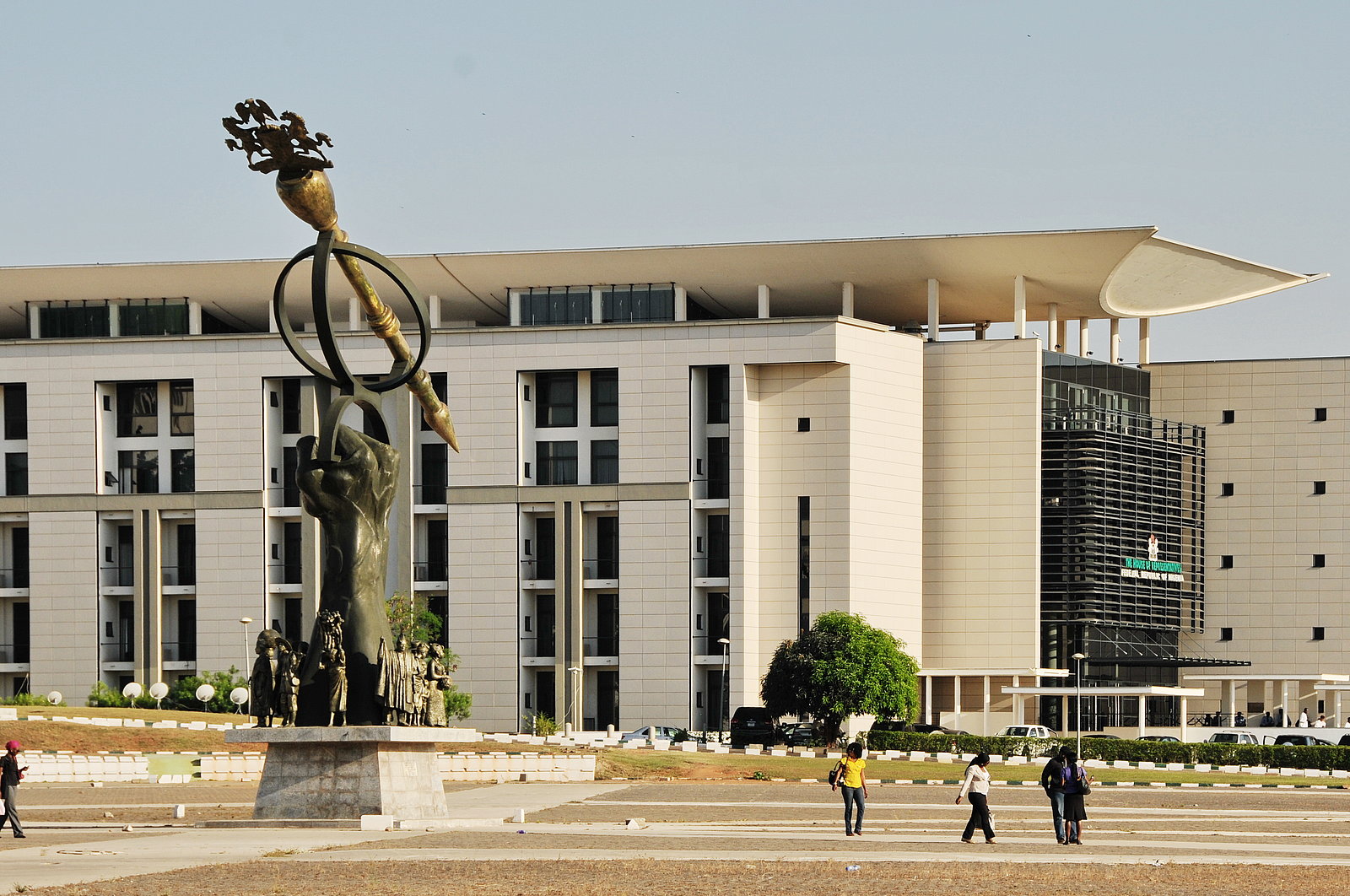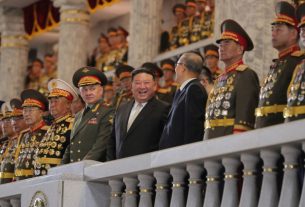Nigeria, endowed with vast natural resources, a young and growing population, and considerable financial potential, has the capacity to achieve significant economic transformation. However, for decades, the country’s economic progress has been stymied by inefficiency, corruption, and mismanagement of resources. Despite these challenges, there is a clear opportunity for change — one that prioritizes innovation, creativity, accountability, and effective resource utilization. If the government can make bold decisions and implement comprehensive reforms, Nigeria could embark on a path that benefits its citizens and fosters long-term economic prosperity.
Unlocking Nigeria’s Potential Through Resource Optimization
Nigeria is home to vast oil reserves, agricultural potential, and a burgeoning tech ecosystem. Despite these advantages, the country’s economic growth has been hampered by inefficiencies and systemic corruption. The misallocation of resources, unproductive public spending, and rampant corruption have drained the nation’s wealth, leaving many Nigerians struggling with high levels of poverty, unemployment, and inadequate infrastructure.
To address these issues, a more strategic approach to resource management is needed. By focusing on the effective utilization of Nigeria’s resources — both human and natural — the country can shift from a pattern of wasteful expenditure to one of sustainable development. This would require the government to adopt prudent fiscal policies, reduce waste, and redirect funds into critical areas such as infrastructure, education, food production and healthcare.
Innovation and Creativity as Catalysts for Economic Growth
One of the key elements for Nigeria’s economic success is fostering a culture of innovation and creativity. The country’s young population, with its growing interest in technology, entrepreneurship, and digital services, offers tremendous potential to drive new industries and create jobs. A strategic focus on innovation can stimulate diverse sectors of the economy, particularly technology, agriculture, and manufacturing.
In recent years, Nigeria has seen the emergence of successful startups and tech hubs, particularly in cities like Lagos and Abuja. These businesses have not only contributed to the economy but also provided a model for what could be achieved with the right investments and policies. To scale this success, the government must focus on creating an enabling environment for businesses to thrive. This includes investing in digital infrastructure, supporting education in science, technology, engineering, and mathematics (STEM), and ensuring access to financing for small and medium-sized enterprises (SMEs).
The economic needs to embrace and engage in active diversification which would entails that the country if=s not solely reliant on a single source of income or resources but have multiple source of successful and profitable sectors compeiting hand in hand to bring in much needed foreign currencies and produce top notch goods and sevices into the global economy, emphasis should be focused on areas such as modern large scale Agriculture, Technogy and building a sector solely based on the service based economy utilizing digital platforms to deliver to a global customer base at scale.
Accountability and Good Governance
At the core of Nigeria’s economic challenges is the issue of governance. Over the years, public funds have been misused, and corruption has become entrenched in many areas of the economy. This has eroded public trust and hindered effective policy implementation. For Nigeria to turn its economy around, it must embrace a new era of accountability and good governance.
The government must take bold steps to reduce corruption by enforcing stricter transparency measures and holding public officials accountable for their actions. Additionally, the implementation of reforms that promote efficiency in public service delivery — from tax collection to infrastructure development — will ensure that resources are used effectively and equitably. Public institutions need to be strengthened to reduce inefficiencies, promote fairness, and guarantee that government initiatives serve the needs of the people.
Structural Reforms for Long-Term Sustainability
Nigeria’s economic institutions — from the financial system to the educational sector — are in urgent need of reform. The country’s heavy dependence on oil exports has made it vulnerable to global price fluctuations, while other sectors such as agriculture and manufacturing have been underdeveloped. Diversifying the economy is crucial to building long-term resilience and reducing Nigeria’s reliance on a single commodity.
Key reforms should include improving the agricultural value chain, investing in renewable energy sources, and building a competitive manufacturing sector. Strengthening the financial sector, particularly in areas such as access to credit for small businesses, would also play a critical role in stimulating growth and innovation.
A Unified Effort for a Better Future
To achieve the transformation Nigeria needs, a coordinated effort across all levels of government is essential. Political will, leadership commitment, and a focus on the nation’s long-term well-being must drive the reform agenda. It is not enough for the government to make promises; it must deliver on those promises by prioritizing the needs of its citizens and ensuring they have the opportunities to succeed.
Citizens, too, must play an active role in this transformation. While government action is critical, public engagement, civic responsibility, and support for good governance are essential for holding leaders accountable and ensuring that reforms are sustained over time.
Conclusion
The challenges facing Nigeria are substantial, but they are not insurmountable. With the right leadership, a clear focus on innovation, creativity, and good governance, and a commitment to sustainable resource management, Nigeria has the potential to achieve lasting economic growth and improve the living standards of its people. However, this requires a collective effort, where both the government and the private sector work together to chart a course for a prosperous future.
By addressing corruption, promoting innovation, and implementing structural reforms, Nigeria can create an economic environment that nurtures entrepreneurship, increases job opportunities, and ultimately delivers the dividends of democracy that the nation’s citizens have long awaited.
References:
- World Bank. (2023). Nigeria Economic Update: Navigating the Post-COVID-19 Recovery. World Bank Group.
- African Development Bank. (2022). Nigeria: Strengthening Governance for Sustainable Growth. African Development Bank.
- International Monetary Fund. (2024). Nigeria: Annual Report and Economic Outlook. IMF.



